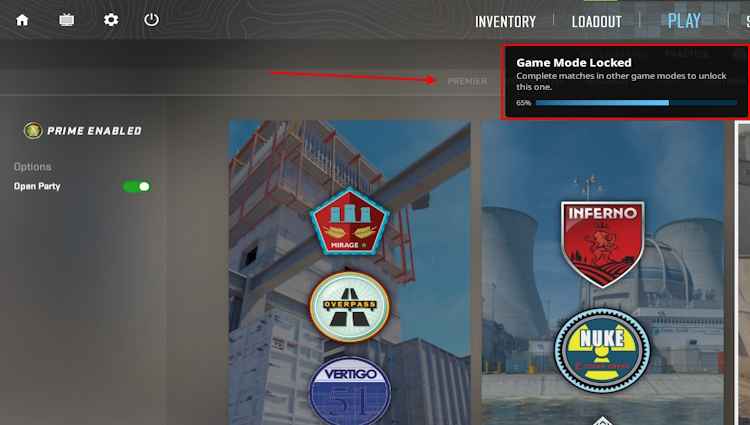Blooming Market Insights
Explore the latest trends and insights in digital marketing.
Climbing the Ranks: What CS2 Skill Groups Reveal About Your Gaming Persona
Discover what your CS2 skill group says about your gaming style! Unravel the secrets behind your rank and level up your persona now!
Understanding CS2 Skill Groups: What They Say About Your Playstyle
In the competitive landscape of CS2, understanding your skill group is crucial for both personal growth and team dynamics. The skill groups in CS2 categorize players into distinct tiers, ranging from Silver to Global Elite, indicating not only their general proficiency but also their approach to gameplay. Each tier reflects specific playstyles and strategies that can significantly influence the outcome of matches. For instance, lower skill groups may exhibit more casual play with less refined teamwork, while higher skill groups often demonstrate advanced tactics, communication, and coordination.
Analyzing your current skill group can provide insight into areas for improvement. Players in the Gold and Platinum tiers typically focus on developing map knowledge and mastering gun mechanics, while those in the Silver group might benefit from building game sense and experience. As you progress through the ranks, it's essential to adapt your playstyle to meet the challenges posed by stronger opponents. A comprehensive understanding of your skill group not only helps in honing your skills but also sets realistic goals for climbing the competitive ladder in CS2.

Counter-Strike has been a pivotal title in the esports arena, captivating players with its intense tactical gameplay. The recent release of CS2 has reinvigorated the community, offering enhanced graphics and mechanics. Players are now keen to get their hands on various CS2 Skins Giveaway to customize their characters and weapons, adding a personal touch to their gaming experience.
The Psychology Behind CS2 Skill Rankings: Are You Playing to Win or Just to Compete?
The world of CS2 skill rankings is as much about personal psychology as it is about technical proficiency in the game. Players often find themselves asking whether they are truly playing to win or simply competing against others to validate their own skills. This introspective inquiry can significantly impact gameplay and overall satisfaction. Understanding one's motivations can lead to improved performance. For instance, players who focus on winning tend to adopt a more strategic mindset, analyzing their plays and adapting to opponents, while those competing for ranking may become fixated on individual statistics and outcomes, overshadowing the team dynamics essential for success.
Moreover, the pressure associated with climbing CS2 skill rankings can trigger various stress responses that affect a player's focus and decision-making. Research in competitive gaming psychology suggests that players who prioritize improvement over mere competition often exhibit greater resilience to setbacks. By fostering a growth mindset, these players are likelier to embrace failures as learning opportunities, thus enhancing their skills over time. Ultimately, recognizing whether you are playing to win or merely to compete can be a powerful tool in shaping your gaming experience and performance.
How Your CS2 Rank Reflects Your Gaming Persona and What It Means for Improvement
Your CS2 rank is not just a number; it serves as a vital reflection of your gaming persona and skillset within the competitive scene. Each rank tells a story about your playstyle, strengths, and areas where you thrive or struggle. For instance, a player who consistently achieves a high rank may be viewed as a strategic thinker and a team player, while those in lower tiers might face challenges such as poor communication or individualistic gameplay. Understanding how your rank aligns with your overall gaming personality can illuminate pathways for personal growth and enhance your gameplay experience.
To embark on a journey of self-improvement, it's essential to analyze the components that contribute to your CS2 rank. Consider employing a few strategies to elevate your game:
- Analyze Your Gameplay: Record and review your matches to identify patterns in your play.
- Set Specific Goals: Rather than aiming for a rank increase, focus on improving individual skills like aim, movement, or map knowledge.
- Engage with the Community: Seek advice from higher-ranked players or coaches who can provide insights into effective strategies.
By embracing these practices, you can redefine your gaming persona and work towards achieving a rank that mirrors your true potential.